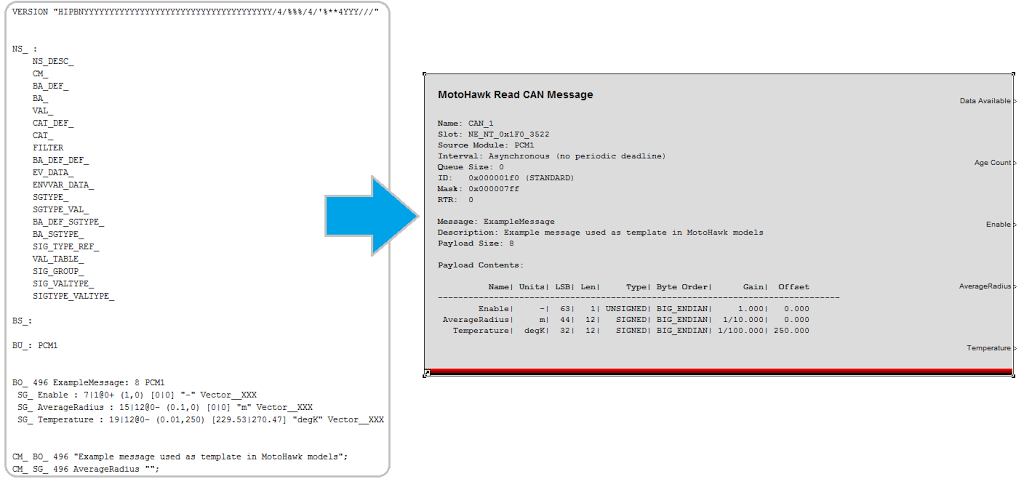
Decrypt P File Matlab Functions
Dec 25, 2017 - A decryption of the file will most likely conflict with the terms of use of this function, because P-coding is applied usually to prevent a reverse.
@Jan: Jan, I think you missed my point. I already said that the encryption was put in place on purpose to protect intellectual property, which is what I like. I meant to say that hacking P-code is possible but probably very difficult. I probably had a smirk on my face when I say 'hey, if you find a way, please let me know!' I didn't know hacking P-code is not a real challenge and I still believe it is going to be very hard. Are you afraid that math98 will take my word for it and go cracking the encryption?
He said he 'heard from an old MATLAB user that there are some ways to decrypt a pcode'. Is that 'old MATLAB user' referring to you? Walter didn't want to take that credit. @Yair: Sorry. I did not meant the term 'hacking' in any offending way and I'm definitely convinced from all I've seen and heared in the last years, that your work is legal and helpful for Matlab users and in consequence for TMW. I'm used to distinguish the illegal 'cracking' from the legal 'hacking', which means digging in the codes for the not barely obvious features. If any of your investigations and publications of the golden beans you've found is not legal -what is not the case!-, I'd strongly recommend that you get payed by TMW to catch up a legalization retrospectively.
'Luca Cerone' wrote in message news:hk6vka$2q4$1@fred.mathworks.com. > Hi everybody, > I'd like to setup my Matlab so that I can be able to send email > to a recipient list of people using my Yahoo account. > I'd like to avoid my username and password to be visible (at least the > password), > and also the people addresses I want the email to be sent. > Is there an easy way to store this informations in an encrypted file to be > used > by my Matlab functions? Write a small function to send the email and then PCODE that function. -- Steve Lord comp.soft-sys.matlab (CSSM) FAQ: us 1/2/2010, 10:28 น.
En anbe - tum hi ho mp3 download. Aiohow.org is not responsible for third party website content. It is illegal for you to distribute copyrighted files without permission. The media files you download with aiohow.org must be for time shifting, personal, private, non commercial use only and remove the files after listening.
Download dragon ball z budokai tenkaichi 3 pc rar. > pcode seems to help, but actually, which kind of encryption does it perform? > I mean apart that the code is not actually readable, which is the level of protection? If you run your P-coded function, it will call other functions, e.g. To send the data. These other functions can be easily shadowed by M-files in the same directory. Therefore it is easy to listen to all output of your function and the secret password is not protected in a P-file.
A nice example for a trial to protect information in a P-file is Matt Fig's pass_protect in the FEX. Nevertheless, it can be broken in a minute. Kind regards, Jan Luca Cerone 2/2/2010, 2:36 น. Thanks for answers and help. Actually seems that pcode doesn't really help, and I think there might be some issues even if I would use a compiled function: the main problem is that settinge for the email should be set up like: setpref('Internet','SMTP_Username',myusername). But if you do so (even in a compiled function), these data are easily retrieved using getpref('Internet'). So I was thinking to modify the sendmail.m function so that after having retrieved preferences it would use a private key to decrypt the values.
But actually am not so sure that it would work. Any suggestion about it?
Cheers, -Luca Jan Simon 2/2/2010, 11:24 น. 'Jan Simon' wrote in message.
Thanks for your answer Jan. It is not an old thread and I wanted to ask about same topic. So I believe no need to create a new thread for my question. So I do the following. I save the struct as *.mat file and read the mat file as binary. And then encrypt the file and save back to drive again. But how can I convert the binary file to struct again after I open and decrypt the encrypted file.
Code: save(fileName, '-mat','-struct', 'someStructs'); fid = fopen(fileName, 'rb'); data = fread(FID, 'uint8=>uint8'); encryptedData = aescrypt(dzip(data ),key); I don’t know how to convert 'uint8' 'encryptedData' back to struct variable. Walter Roberson, 8:34 น. On 23/12/10 9:41 AM, John wrote: > So I do the following.
> > I save the struct as *.mat file and read the mat file as binary. And > then encrypt the file and save back to drive again. But how can I > convert the binary file to struct again after I open and decrypt the > encrypted file.
> > Code: > > save(fileName, '-mat','-struct', 'someStructs'); > > fid = fopen(fileName, 'rb'); > > data = fread(FID, 'uint8=>uint8'); > > encryptedData = aescrypt(dzip(data ),key); > > I don’t know how to convert 'uint8' 'encryptedData' back to struct > variable. The decrypted file is *not* a struct: the decrypted file is a complete matlab.mat file. Mathworks does not provide user-level tools for dealing with.mat files in memory. I don't know what tools are available through mex. John, 4:28 น. Actually new winzip offers 256 bit AES encryption so I don't think it takes minutes to break in. But anyway, Matlab doesn’t offer a function to create encrypted zip files.